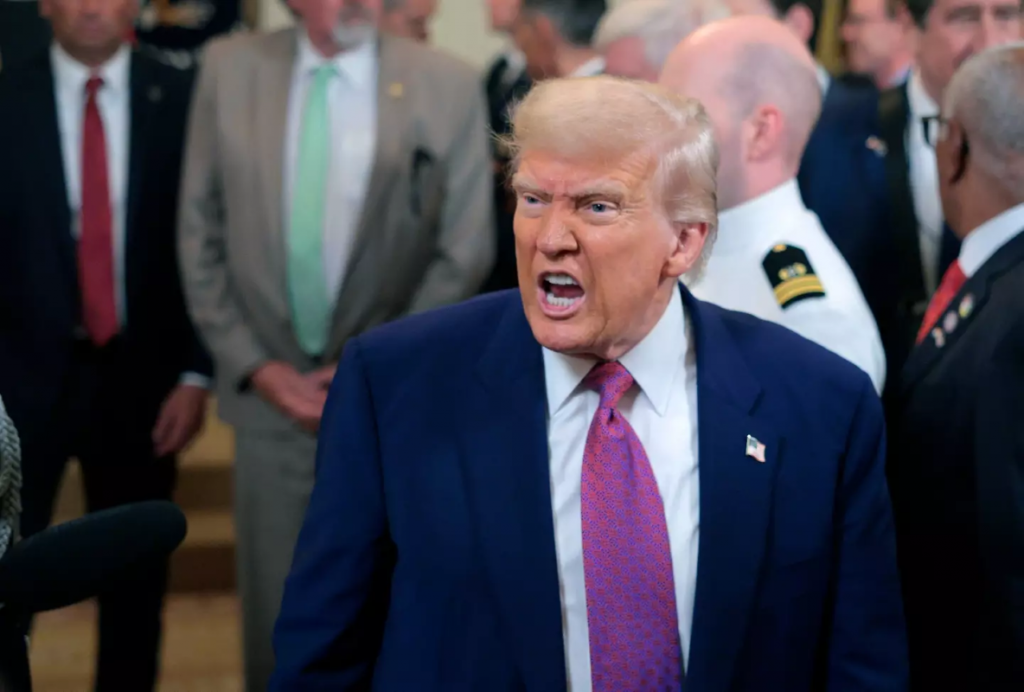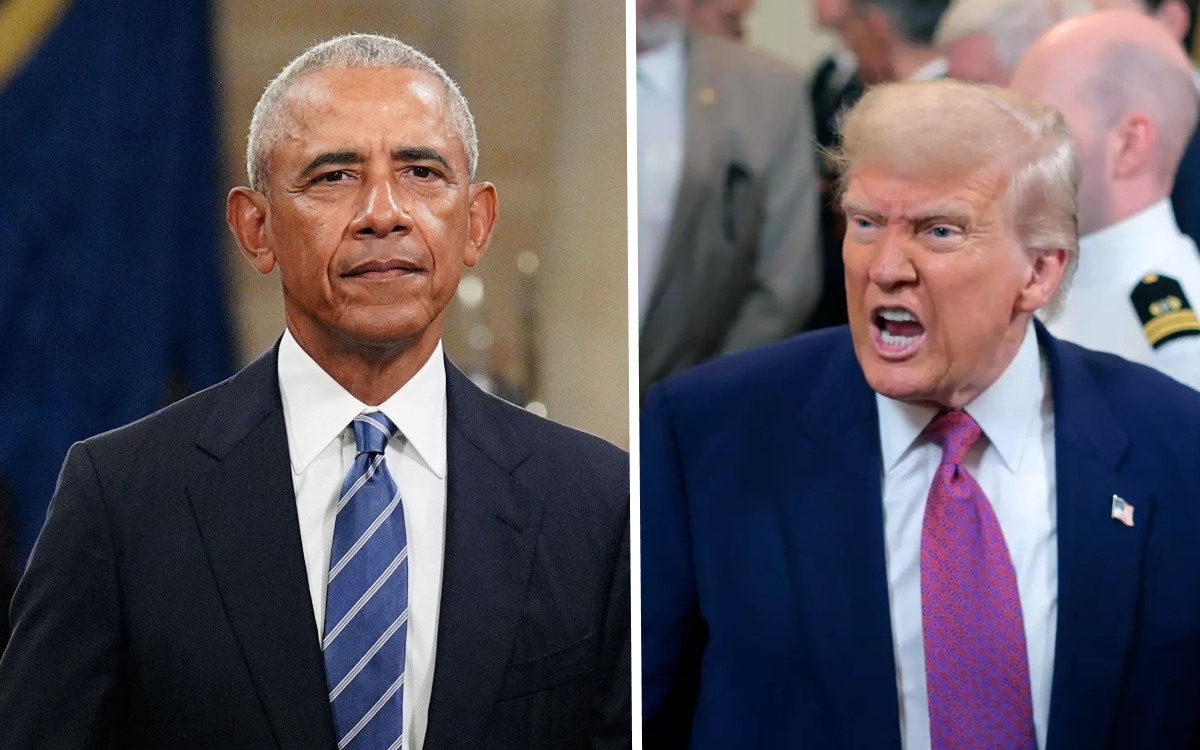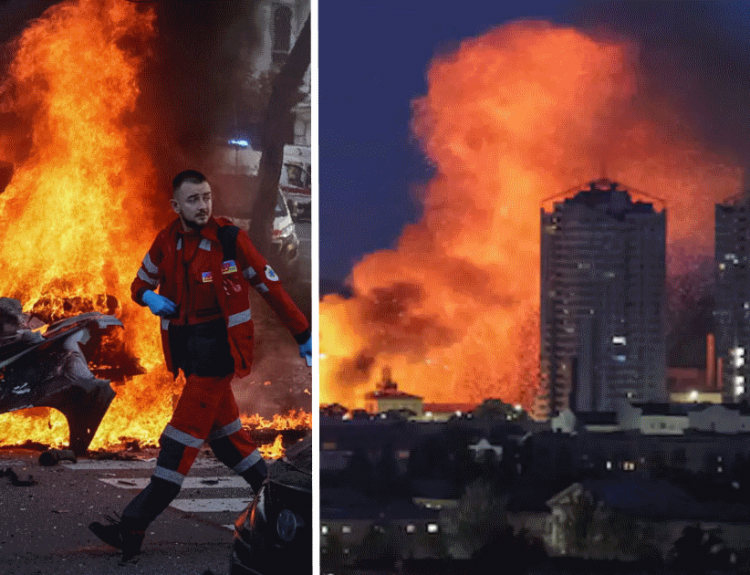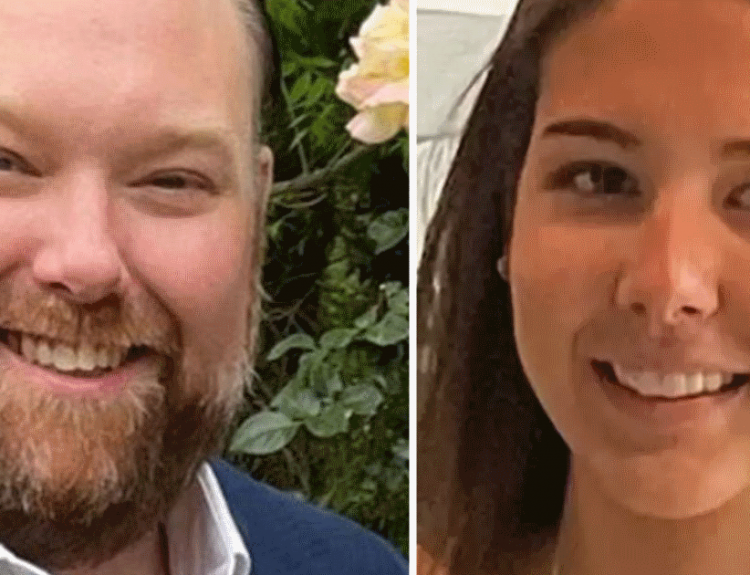Former President Barack Obama delivered a sobering cautionary message at a virtual summit hosted by the Aspen Institute yesterday, warning that “fundamental norms of our democracy” could be at serious risk if President Trump’s approach continues unchecked. In a Politico transcript streamed live to thousands, Obama spoke with a mixture of palpable concern and restrained urgency, reminding Americans that “democracy isn’t a self-executing contract—it demands active stewardship.”
Obama opened with a reflection on his own inauguration day, recalling the sense of possibility and shared purpose that swept across the Mall in 2009, a spirit he fears has since been eroded. “We stand now,” he said, “at a critical juncture where the values of inclusion, reasoned debate, and respect for facts are being tested in real time.” His voice, captured in the New York Times video report, carried the weight of someone who witnessed a fragile hope dawning—and now contends with that hope being undercut.

@BarackObama “We cannot allow our institutions to be dismantled by fear and division.” View on X
His remarks focused on several broad threats: the undermining of judicial independence, the danger of weaponizing intelligence agencies, and the erosion of the peaceful transfer of power. Referencing recent decisions that sought to limit federal court oversight of executive orders, Obama cautioned that such moves could strip citizens of crucial checks on unchecked authority. “When courts are muzzled,” he warned, “we lose the guardrails that protect against abuses—those are not Democratic or Republican guardrails, they are American guardrails.”
During the Q&A segment, Obama responded to a question about whistleblowers by highlighting the case of an intelligence analyst who warned Congress in 2023 about politicized domestic surveillance. Citing a detailed CNN investigation, he stressed that “when career public servants fear retribution for telling the truth, democracy pays the price.” He lamented the “constant drumbeat” of attacks on fact-based professionals, from scientists to epidemiologists, as setting a dangerous precedent.
@ACLU “Whistleblowers are democracy’s early-warning system. Their protection is non-negotiable.” via X
Obama didn’t hold back on the topic of civic engagement. He cited staggering data from the Pew Research Center showing that public trust in government institutions has plunged to historic lows, with only 18 percent of Americans expressing confidence in Congress and the Presidency. “This vacuum of trust,” he argued, “creates fertile ground for demagogues who promise simple solutions but undermine foundational principles.”
The former president also addressed the specter of foreign interference, pointing to declassified intelligence assessments released earlier this year that documented attempts by adversarial states to amplify partisan divides online. “If we fail to secure our election infrastructure,” he said, “we hand our sovereignty to those who wish us harm.” He referenced the bipartisan Director of National Intelligence report, noting that “our adversaries are watching our fractures and betting on our unraveling.”
@DNI_USA “Foreign actors exploit divisions—securing elections is our collective duty.” via X
Perhaps most startling was Obama’s warning about the erosion of the peaceful transfer of power, a hallmark of American democracy. “When you question the legitimacy of an election without evidence,” he said, alluding to Trump’s repeated claims about the 2020 vote, “you risk unleashing chaos. You gamble with the notion that the losing side will simply walk away when the results don’t favor them.” The audience—comprised of former elected officials, scholars, and activists—listened in stunned silence as he recounted his own post-election outreach efforts in 2016 to ensure a smooth transition, contrasting it with the turmoil at the Capitol in January 2021, an event he described as “a clarion call that our norms are vulnerable.”

The forum’s moderator asked Obama what ordinary citizens can do. He urged Americans to “show up” by voting, but also by volunteering as poll workers, joining citizen-redistricting commissions, and supporting local journalism. He cited a heartening example from Georgia, where grassroots groups coordinated over 10,000 volunteers for the 2024 midterms, a success study noted in a Brookings Institution report. “Democracy thrives when you invest in the little gears,” he stated, “not just the big wheels.”
@BrookingsInst “Georgia’s volunteer surge offers a roadmap for civic renewal nationwide.” via X
Weathering the intensity of his critique, Obama acknowledged that his own party bears responsibility for complacency. “We can’t just blame the White House,” he said. “We must rebuild trust in our institutions from the ground up—starting with the local level.” He pointed to a community policing initiative in Chicago, initiated under his Justice Department, as an example of bridging divides between citizens and law enforcement, a program evaluated in the Urban Institute study.
Noting that the summit’s participants included young activists, he reserved special praise for Gen Z organizers who mobilized for climate action and social justice. “Your energy gives me hope,” he told them, and urged patience coupled with persistence, reminding them that “progress is hard, but it’s possible if you refuse to check out.”
Observers on social media immediately dissected Obama’s remarks. On X, political commentator @AnaMarieCooper called it “Obama at his finest: clear-eyed about the stakes, and rallying us to reclaim democracy.” Others, like conservative strategist @BenShapiro, hesitated to dismiss his warnings outright but questioned whether they unfairly targeted Trump supporters. Yet even right-leaning outlets such as The Wall Street Journal gave front-page coverage to his plea, underlining its broad resonance.
@AnaMarieCooper “Obama’s message cuts across partisan lines—it’s about safeguarding our future.” via X
As the virtual event closed, Obama issued a final appeal: “History will judge us not by our slogans, but by our actions. Let us choose to stand up, to speak truth, and to remember that we, the people, are the authors of this grand experiment called America.” His words—broadcast in high-definition to living rooms and mobile devices nationwide—felt less like a speech and more like a lifeline thrown across a widening divide at a moment when many fear the fabric of their nation might fray.






